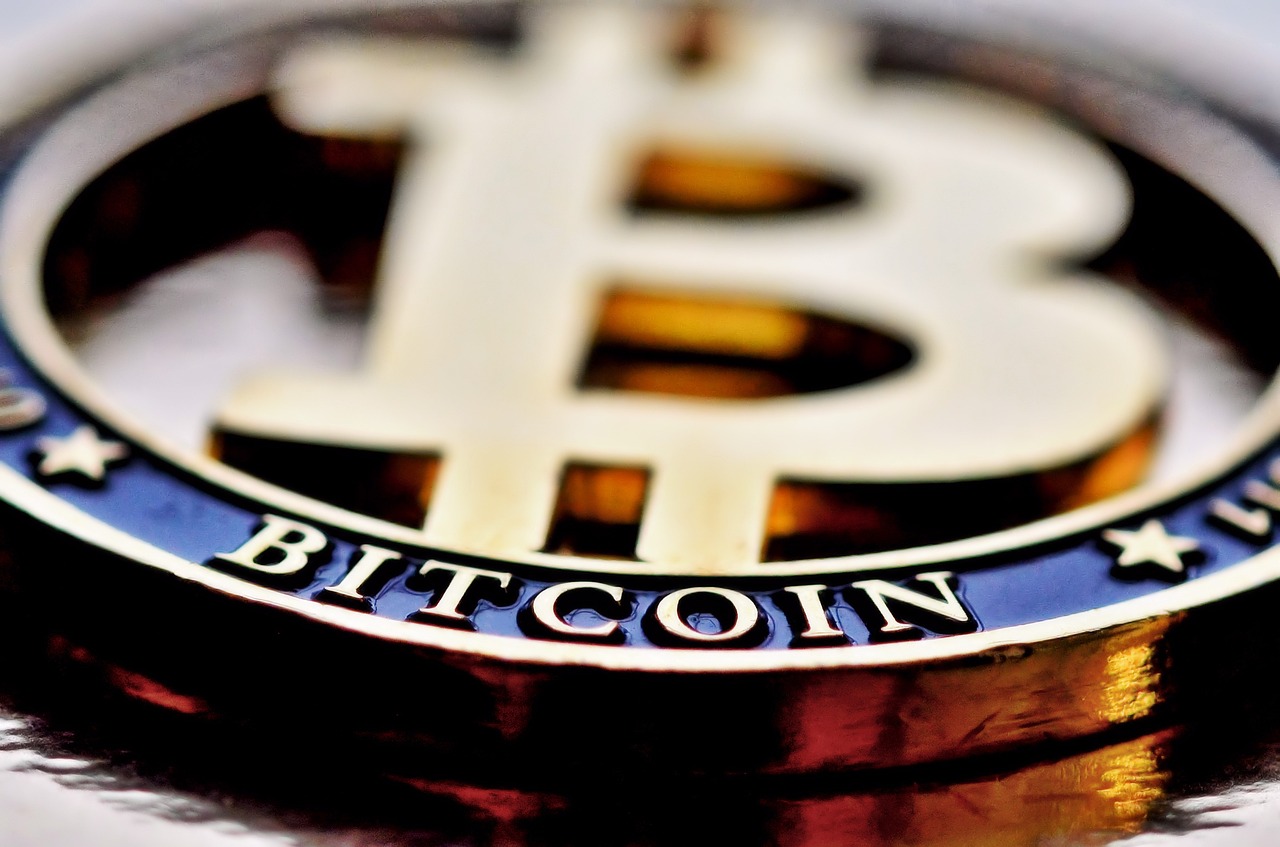Here’s Who to Blame for Bitcoin’s Decline Except Germany and Mt.Gox
12.07.2024 20:00 2 min. read Kosta Gushterov
While many experts believe that Mt.Gox and the German government are the main reasons for Bitcoin's recent decline, Matrixport experts attributed the drop to Korean investors.
Matrixport’s latest analysis looks at the relationship between Bitcoin’s decline and Korean investors, suggesting that the recent drop was likely influenced by Korean retailers.
The company’s analysts say that the majority of Bitcoin’ s decline over the past 30 days, amounting to 13% of the total decline, occurred during Asian trading hours.
They believe that Korean retail investors have had an impact on Bitcoin’s recent decline, as the majority of BTC’s overall decline has occurred during Asian trading hours. It is also speculated that, as retail investors have left the market, they have been replaced by institutional investors.
According to them, the market is now more stable and volatility over the weekend was minimal as many investors followed the institutional buying and selling from Monday to Friday. Analysts also said that due to limited retail activity, Bitcoin is increasingly dominated by institutional investors, which is leading to a decrease in volatility.
The report also highlights that the volume of BTC transactions on South Korean exchanges contributes significantly to their annual volumes. It is also claimed that Korean investors play a crucial role in the volumes of altcoins as well as BTC. Furthermore, it is mentioned that, as there is no crypto futures market in South Korea, retail investors often turn to altcoins as a leveraged option.
-
1
Esports Giant Moves Into Bitcoin Mining
05.07.2025 13:00 2 min. read -
2
Bitcoin Price Prediction: As BTC Hits New All-Time High Is $200K In Sight?
14.07.2025 21:56 3 min. read -
3
Bitcoin Dominance Nears Key Resistance — Is Altseason Coming Next?
13.07.2025 17:00 2 min. read -
4
Elon Musk Unveils His Own ‘America Party,’ Signals Pro-Bitcoin Political Shift
07.07.2025 11:40 2 min. read -
5
Bitcoin Blasts Past $121,000 as Institutions Fuel Rally—Will Altcoins Follow?
14.07.2025 8:15 2 min. read
Global Money Flow Rising: Bitcoin Price Mirrors Every Move
Bitcoin is once again mirroring global liquidity trends—and that could have major implications in the days ahead.
What is The Market Mood Right Now? A Look at Crypto Sentiment And Signals
The crypto market is showing signs of cautious optimism. While prices remain elevated, sentiment indicators and trading activity suggest investors are stepping back to reassess risks rather than diving in further.
What Price Bitcoin Could Reach If ETF Demand Grows, According to Citi
Citigroup analysts say the key to Bitcoin’s future isn’t mining cycles or halving math—it’s ETF inflows.
Is Bitcoin’s Summer Slowdown a Buying Opportunity?
Bitcoin may be entering a typical summer correction phase, according to a July 25 report by crypto financial services firm Matrixport.
-
1
Esports Giant Moves Into Bitcoin Mining
05.07.2025 13:00 2 min. read -
2
Bitcoin Price Prediction: As BTC Hits New All-Time High Is $200K In Sight?
14.07.2025 21:56 3 min. read -
3
Bitcoin Dominance Nears Key Resistance — Is Altseason Coming Next?
13.07.2025 17:00 2 min. read -
4
Elon Musk Unveils His Own ‘America Party,’ Signals Pro-Bitcoin Political Shift
07.07.2025 11:40 2 min. read -
5
Bitcoin Blasts Past $121,000 as Institutions Fuel Rally—Will Altcoins Follow?
14.07.2025 8:15 2 min. read


